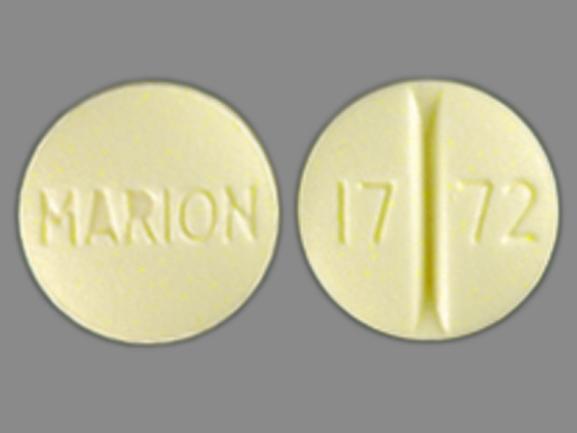Cardizem and Alcohol/Food Interactions
There is 1 alcohol/food/lifestyle interaction with Cardizem (diltiazem).
dilTIAZem food
Moderate Food Interaction
Alcohol can lower your blood pressure and add to the effects of dilTIAZem. You may experience dizziness, lightheadedness, fainting, or a rapid heartbeat if you drink alcohol with dilTIAZem, especially when you first start taking the medication or just after a dose increase. Grapefruit juice may also increase the effects of dilTIAZem in some people by increasing its levels in the blood. You may want to limit alcohol intake and avoid excessive consumption of grapefruit and grapefruit juice during treatment with dilTIAZem. However, if you have been regularly consuming grapefruit or grapefruit juice with dilTIAZem, do not alter the amounts of these products in your diet without first talking to your doctor or other healthcare professional. Contact your doctor if your condition changes or you experience increased side effects of dilTIAZem such as headache, irregular heartbeat, swelling, unexplained weight gain, or chest pain. Orange juice is not expected to interact.
Cardizem drug interactions
There are 694 drug interactions with Cardizem (diltiazem).
Cardizem disease interactions
There are 9 disease interactions with Cardizem (diltiazem) which include:
- aortic stenosis
- bradyarrhythmia/AV block
- cardiogenic shock/hypotension
- coronary artery disease
- liver disease
- CHF/AMI
- accessory AV tracts
- ventricular tachycardia
- renal dysfunction
More about Cardizem (diltiazem)
- Cardizem consumer information
- Check interactions
- Compare alternatives
- Pricing & coupons
- Reviews (11)
- Drug images
- Side effects
- Dosage information
- During pregnancy
- Generic availability
- Drug class: calcium channel blocking agents
- Breastfeeding
- En español
Related treatment guides
Drug Interaction Classification
| Highly clinically significant. Avoid combinations; the risk of the interaction outweighs the benefit. | |
| Moderately clinically significant. Usually avoid combinations; use it only under special circumstances. | |
| Minimally clinically significant. Minimize risk; assess risk and consider an alternative drug, take steps to circumvent the interaction risk and/or institute a monitoring plan. | |
| No interaction information available. |
Further information
Always consult your healthcare provider to ensure the information displayed on this page applies to your personal circumstances.


